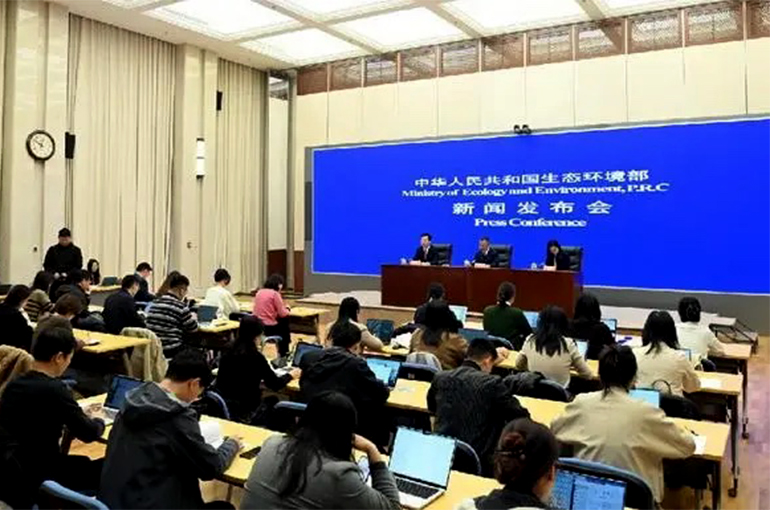 China to Ramp Up Solid Waste, New Pollutants Disposal With Next Five-Year Plan
China to Ramp Up Solid Waste, New Pollutants Disposal With Next Five-Year Plan(Yicai) Oct. 22 -- China's Ministry of Ecology and Environment is rolling out a systematic strategy to deal with solid waste and new pollutants during the 15th Five-Year Plan, which will run from 2026 to 2030, according to a press conference held today.
Key tasks in the next Five-Year Plan include promoting the construction of "zero-waste cities," Guo Yijun, director of the Department of Solid Waste and Chemicals, said at the press. This includes the complete utilization of bulk solid waste, establishing an environmental management information system for the entire process of handling hazardous waste, and strictly safeguarding the bottom line of prevention and control of environmental risks caused by harmful waste, tailings ponds and heavy metals.
The Ministry of Ecology and Environment will implement high-level plans for the disposal of solid waste and new pollutants based on a full understanding of the real situation on the ground, Guo said. This includes exploring the compilation of a "zero-waste index," guiding local governments to promote the utilization of bulk solid waste safety standards, and accelerating national hazardous waste treatment projects.
By issuing a progress evaluation standards for "zero-waste cities," participating cities and regions will be guided on how to implement solid waste reduction projects, recycling and how to effectively solve the practical problems caused by solid waste in the fields of industry, life, construction and agriculture, Guo said.
China launched a pilot project for the construction of "zero-waste cities" in 2018. As of the end of last year, the country’s centralized utilization and disposal capacity for hazardous waste had expanded 50 percent from 2020 to more than 200 million tons a year.
China has also supported the construction of major projects such as the National Solid Waste and Chemicals Management Center, six regional technology hubs and 20 regional special hazardous waste centralized disposal centers, which have improved the level of informatization of hazardous waste supervision. Since 2021, the country has weeded out more than 730 low-capacity projects involving the heavy metal industries.
Editor: Kim Taylor